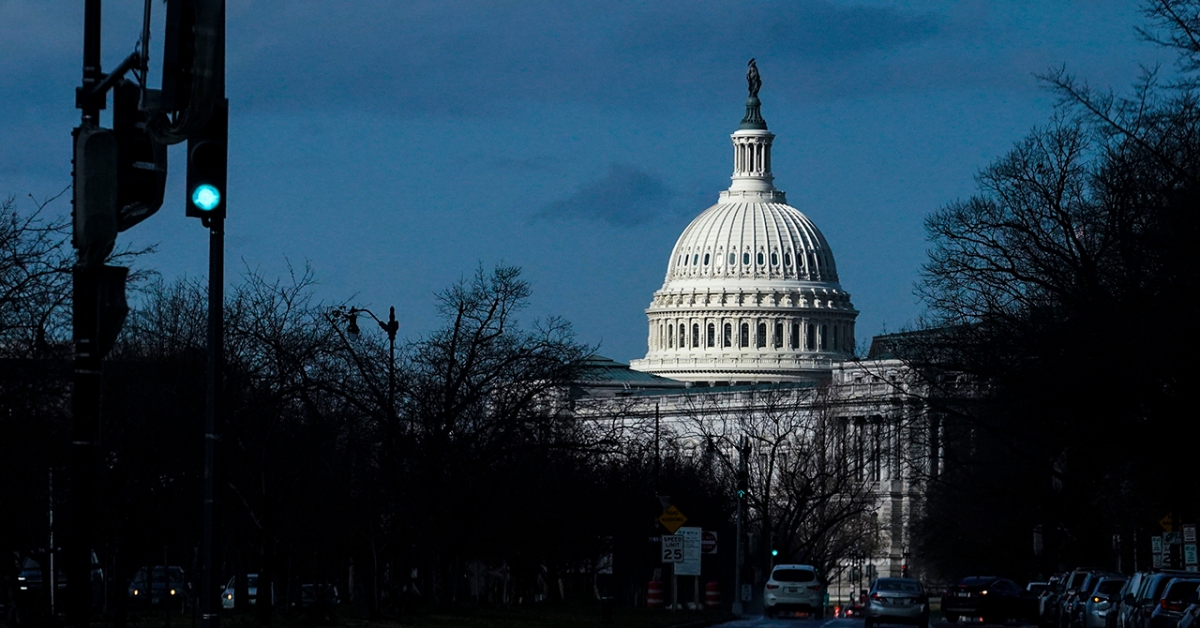Note I don't want this to be a political thread but an informational thread. In the UK we hear quite a lot about the "religious right" or the "Christian right" and the archetypal figure of this being Pat Robertson. But is there a Christian left or a Christian centre in the US? Note I don't want answers along the lines of "you can't be a particular political hue and a Christian". This is a post seeking information. Posters will be welcome to explain why they think a particular church/denomination is where they think it is on the political spectrum.
This may not be the right place for this question but I didn't want this to be a political thread and I couldn't find a question for information about denominations in general forum.
This may not be the right place for this question but I didn't want this to be a political thread and I couldn't find a question for information about denominations in general forum.
Last edited:

